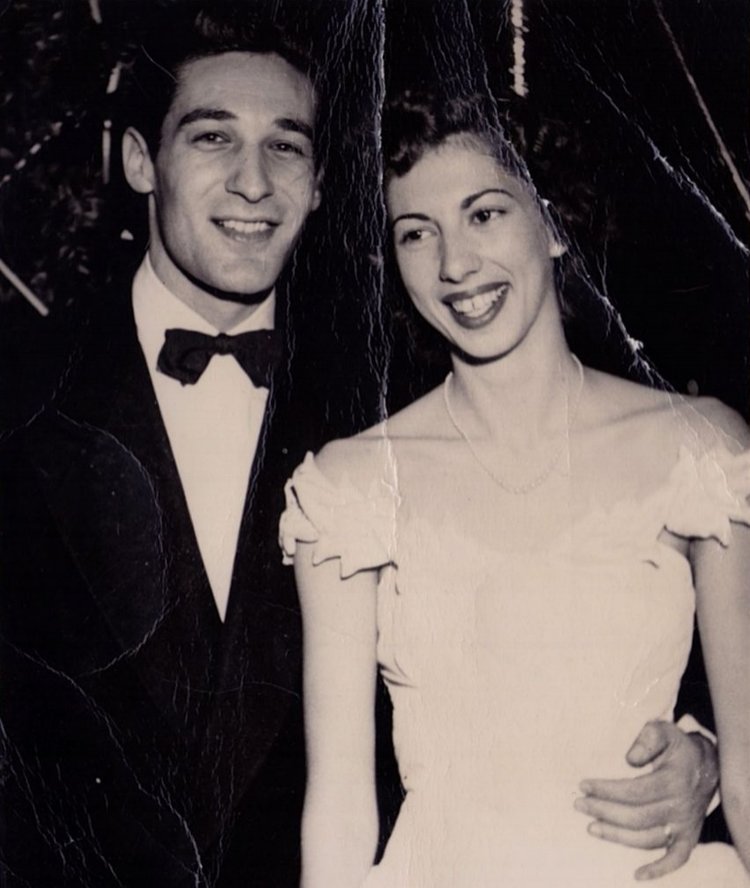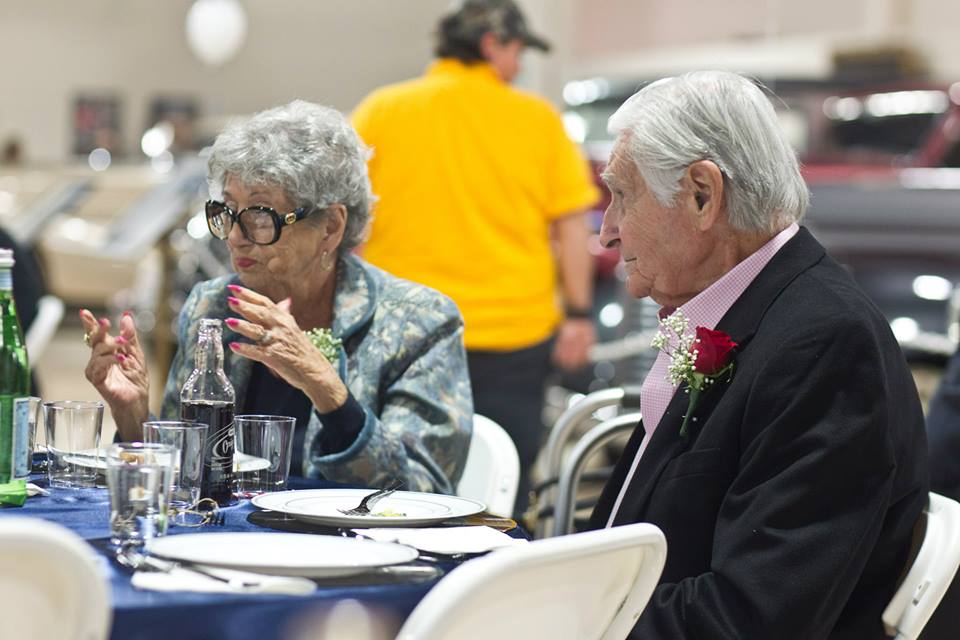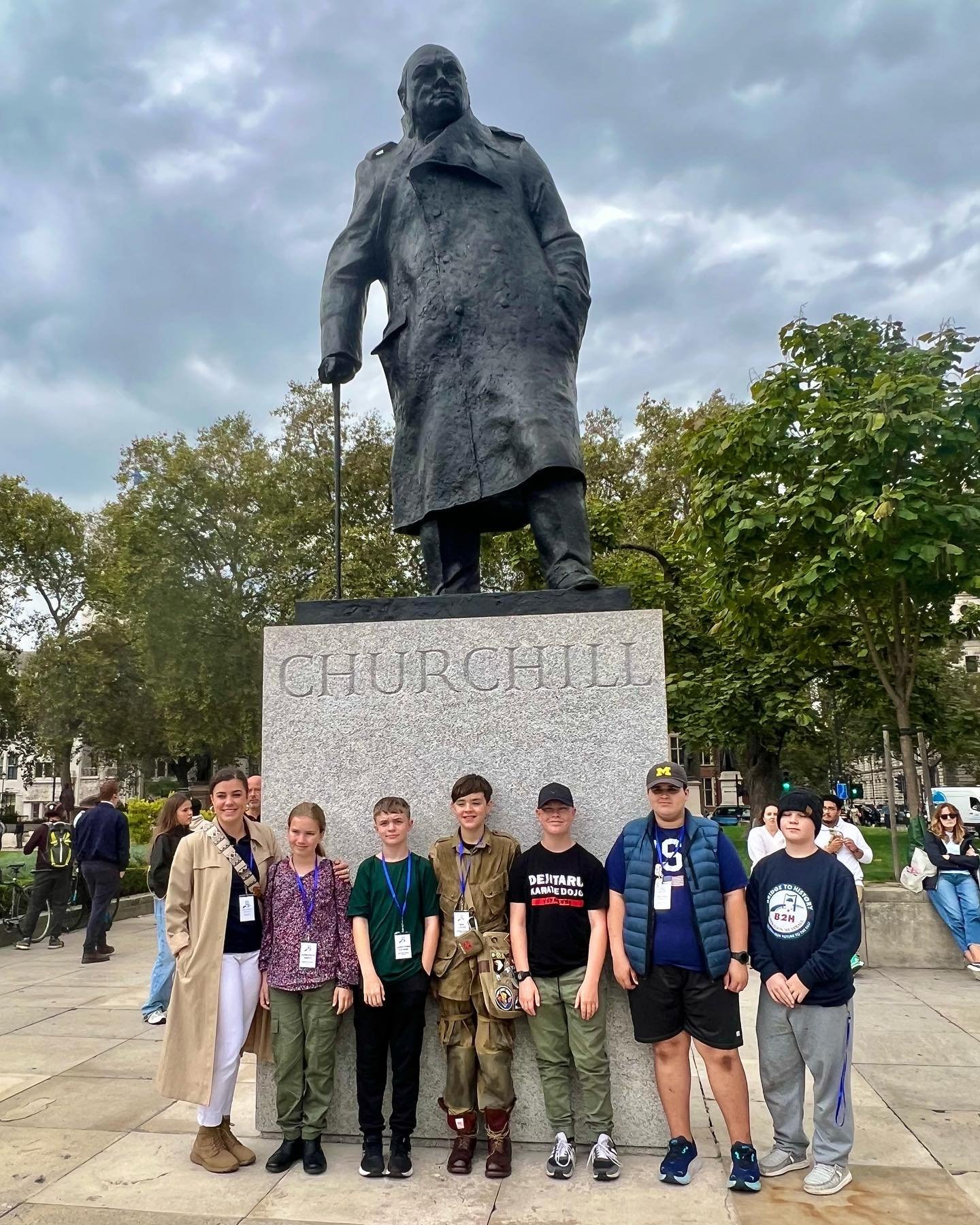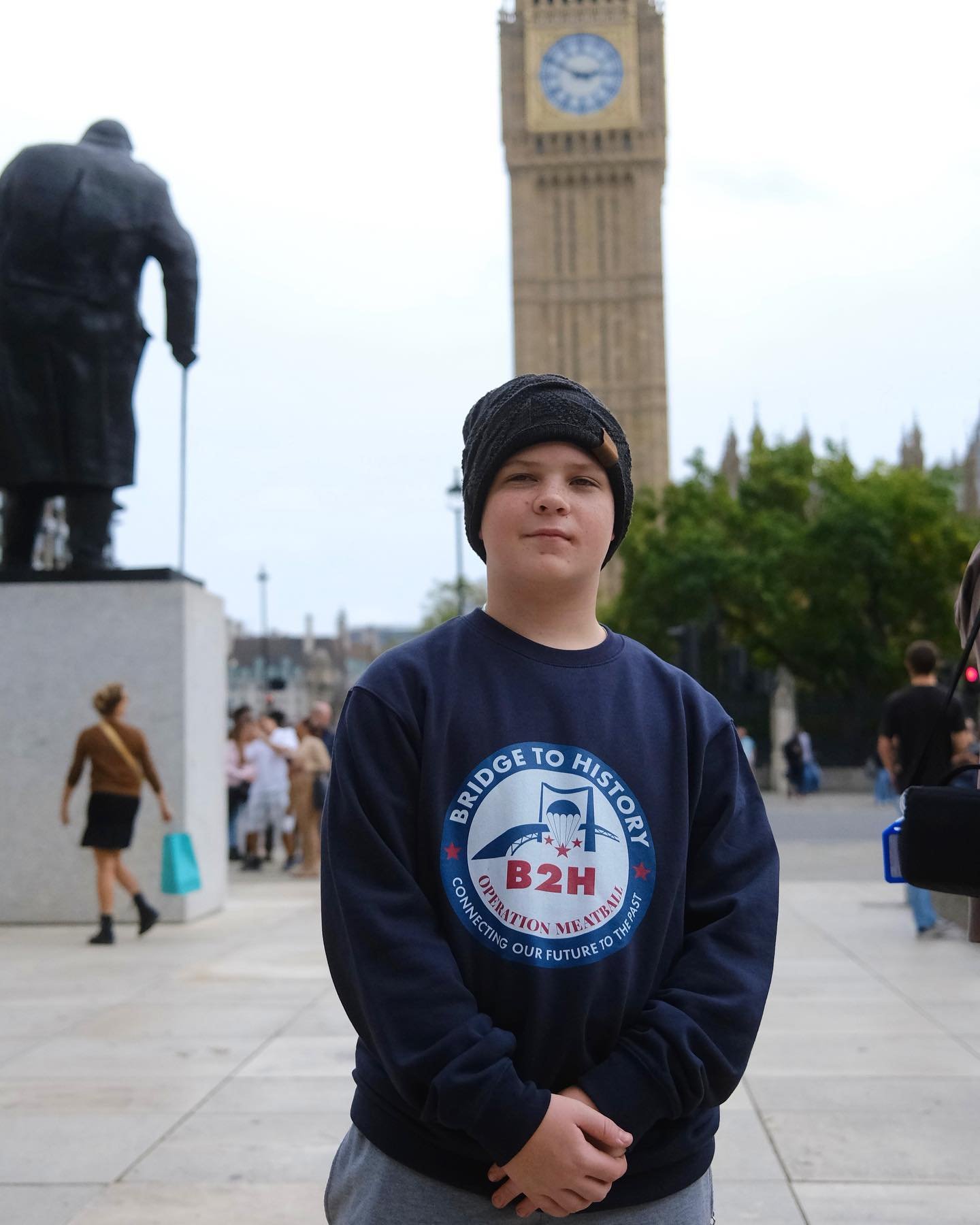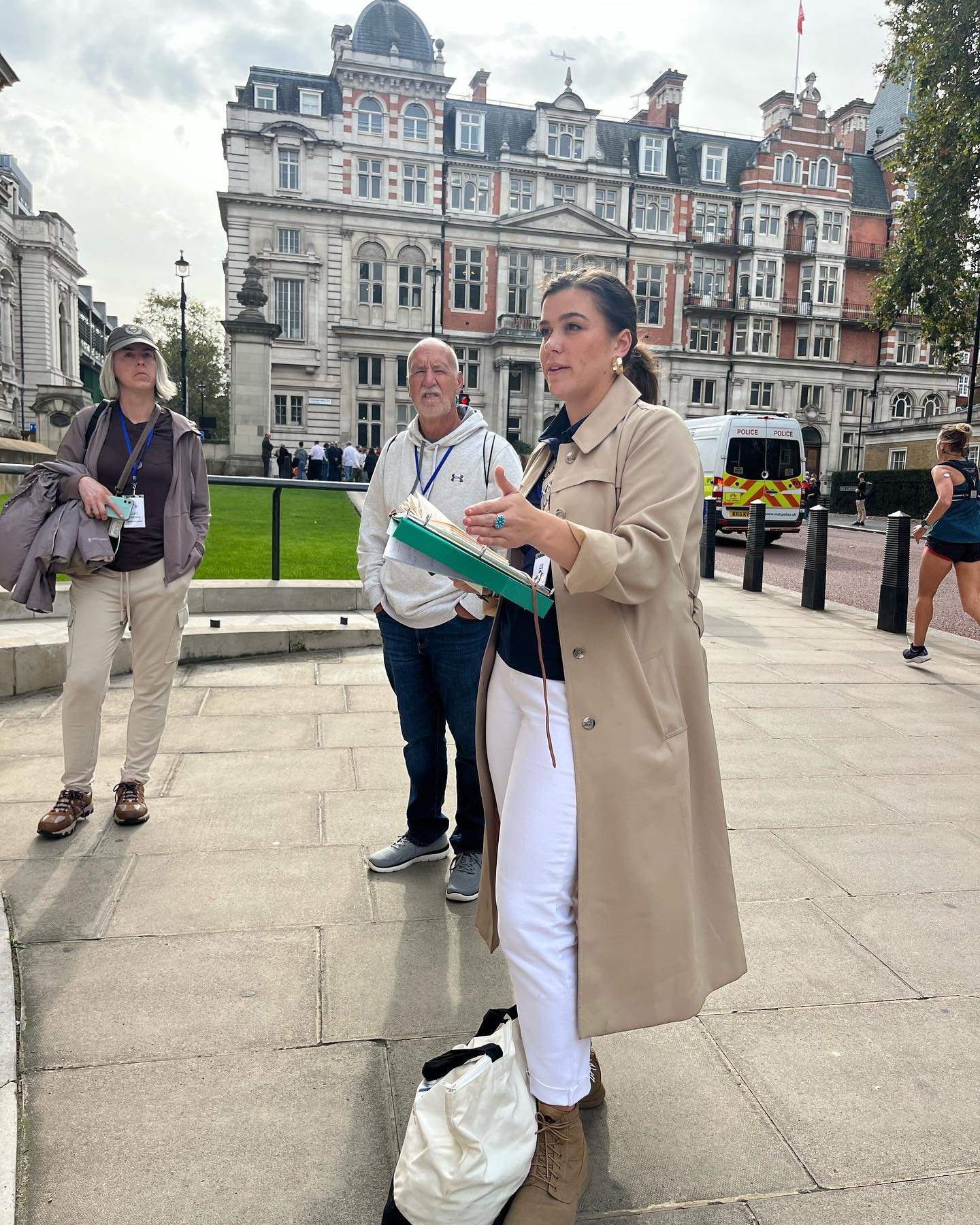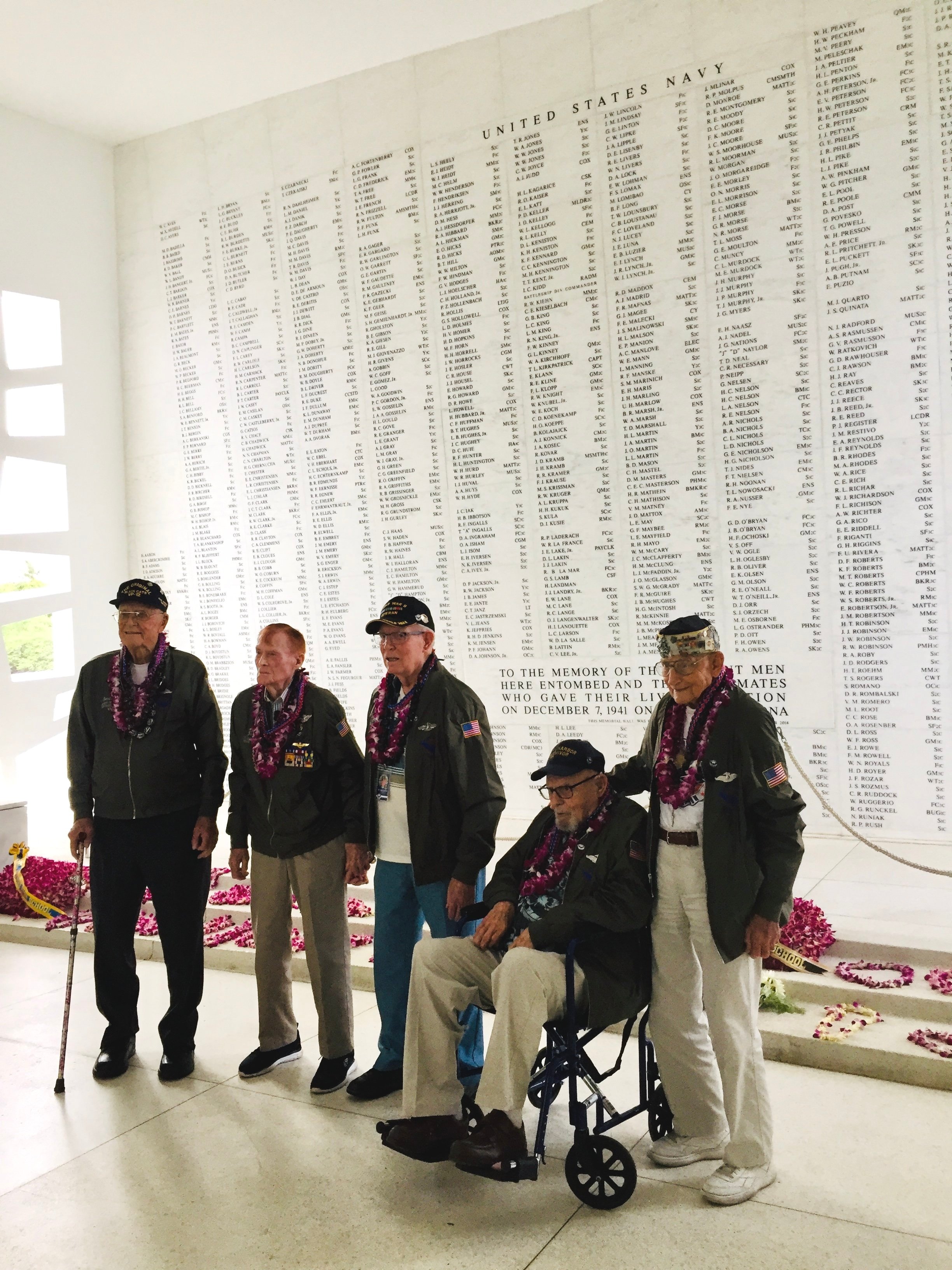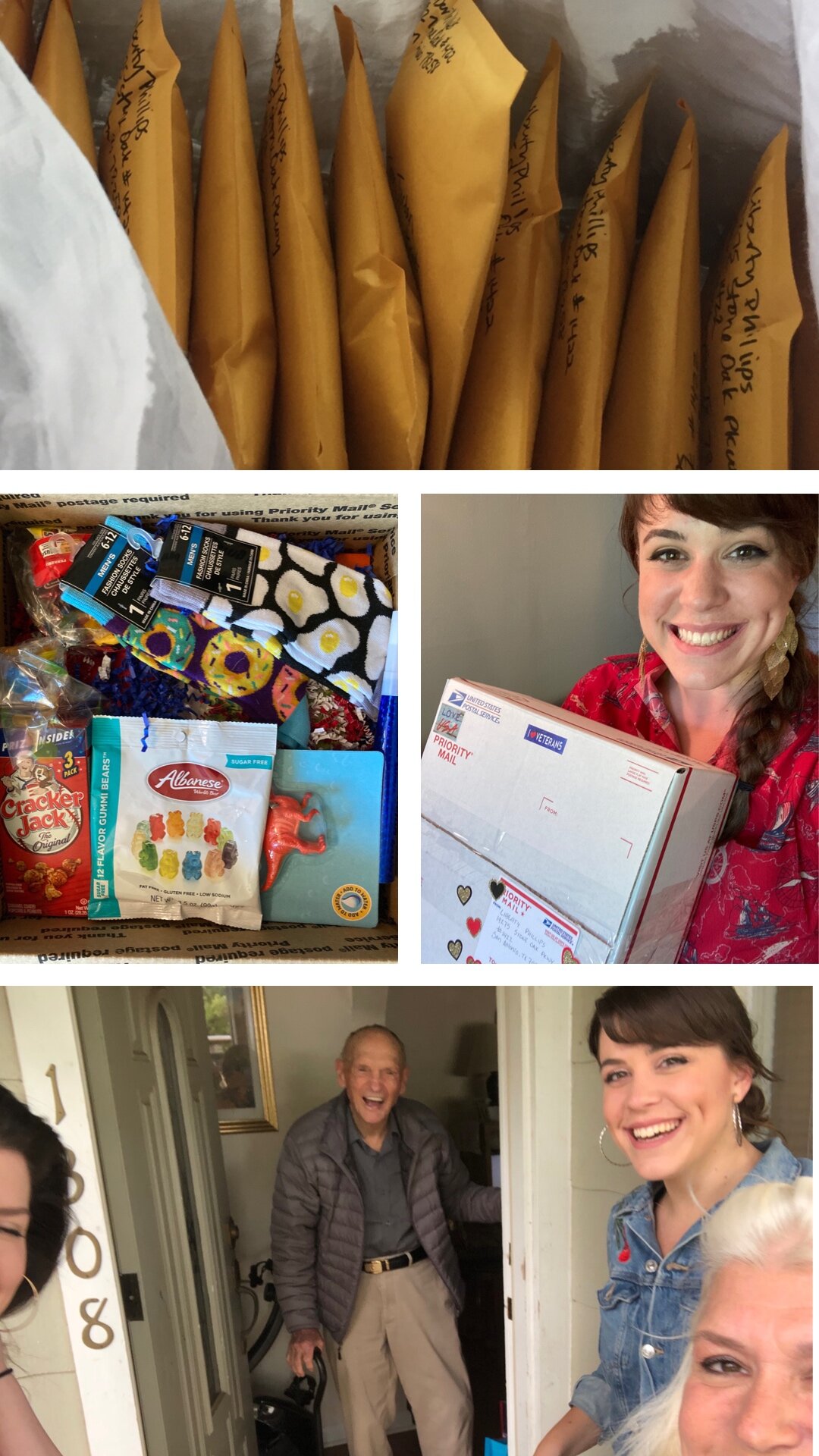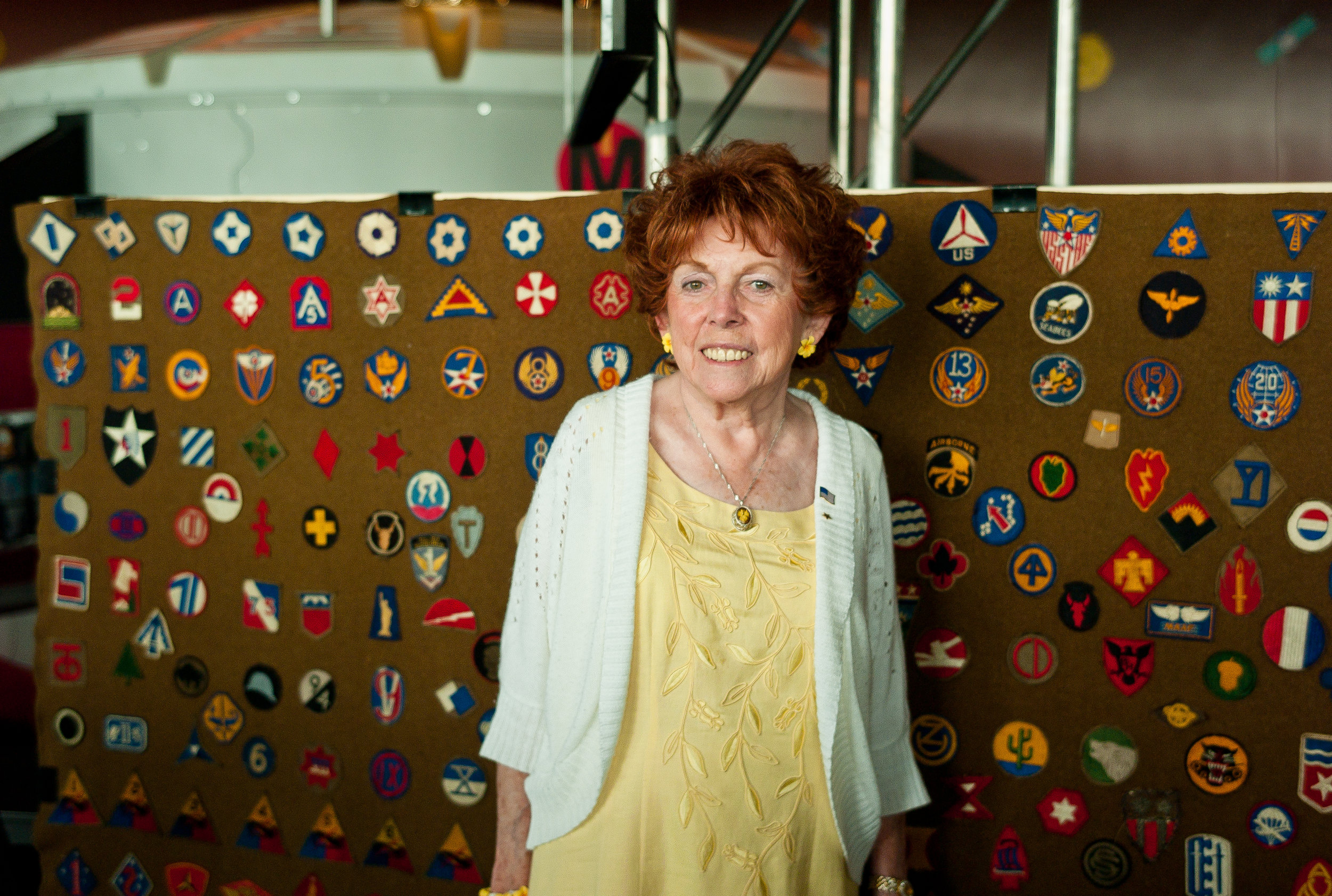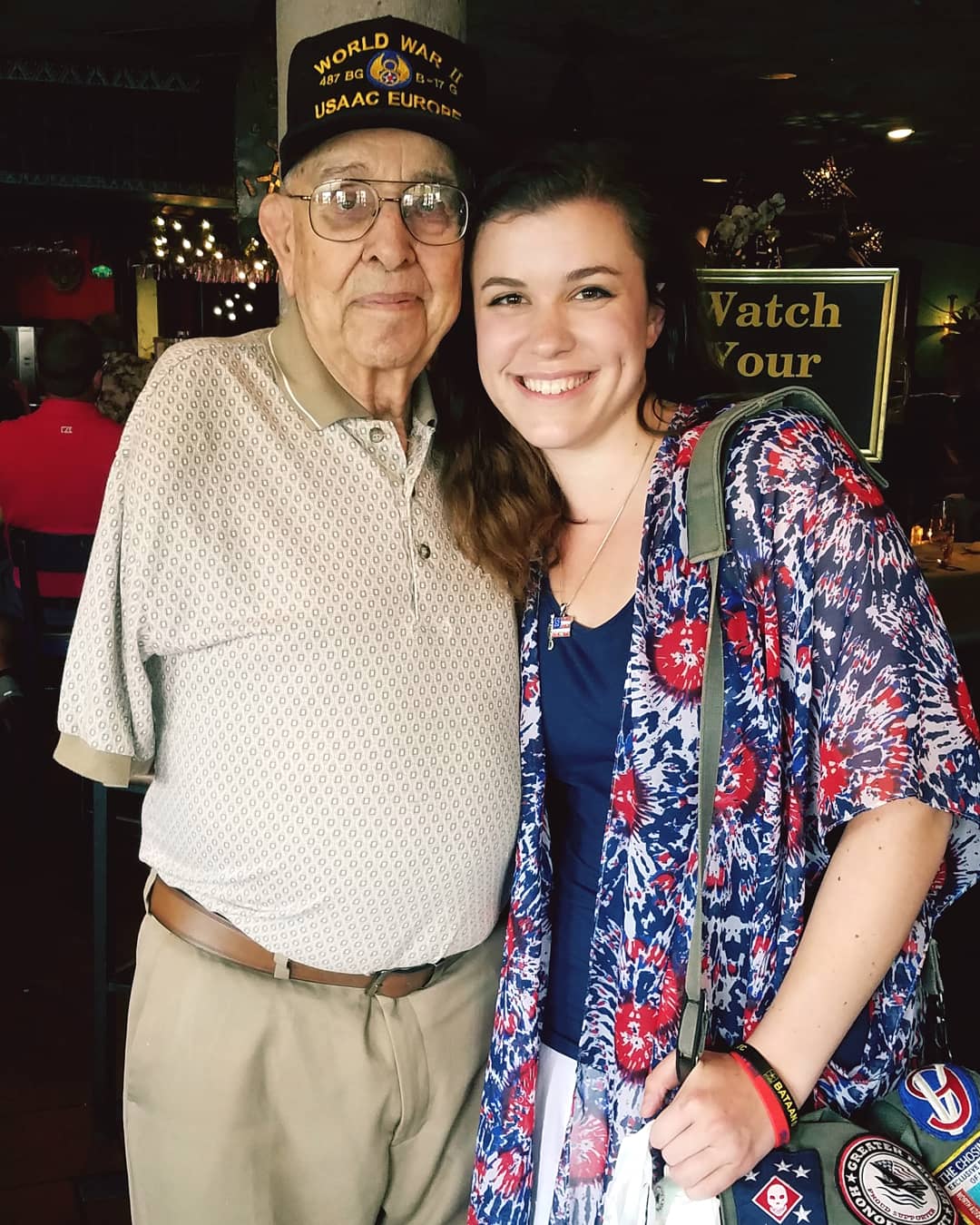"I am just a kid who loves history"
/2024 Bridge to History Ambassador Griffin.
"My name is Griffin. I am just a kid who loves war history but more specifically WW2. All my research has been done on my own time. School has not covered this part of our world’s history yet. I feel passionate about this time in history because it fascinates me,
I have several members of my family who proudly served in WW2. I have so many books on this topic I have spent many nights just looking at the pictures, reading, and rereading all my books. I got hooked on learning about the war when I was building the USS Missouri Lego, then I wanted to know more about the war and my grandpa started telling me stories. And I started doing my own research.
I was too little to know about the war when my great grandparents were alive. If I could go back in time, I would ask them a million questions. Going on this trip would give me the chance to talk to war heroes and hear their stories firsthand. I would love to see all the places I have read about in my books and may never get to see without this chance.”
If you would like to support the Bridge to History Program, you can make a tax-deductible donation here: www.bridge2history.com/donate
****Every dollar goes to the program and giving these incredibly bright children a once in a life-time educational experience.
Operation Meatball
Honoring Veterans & Connecting Them With the Youth of Today








